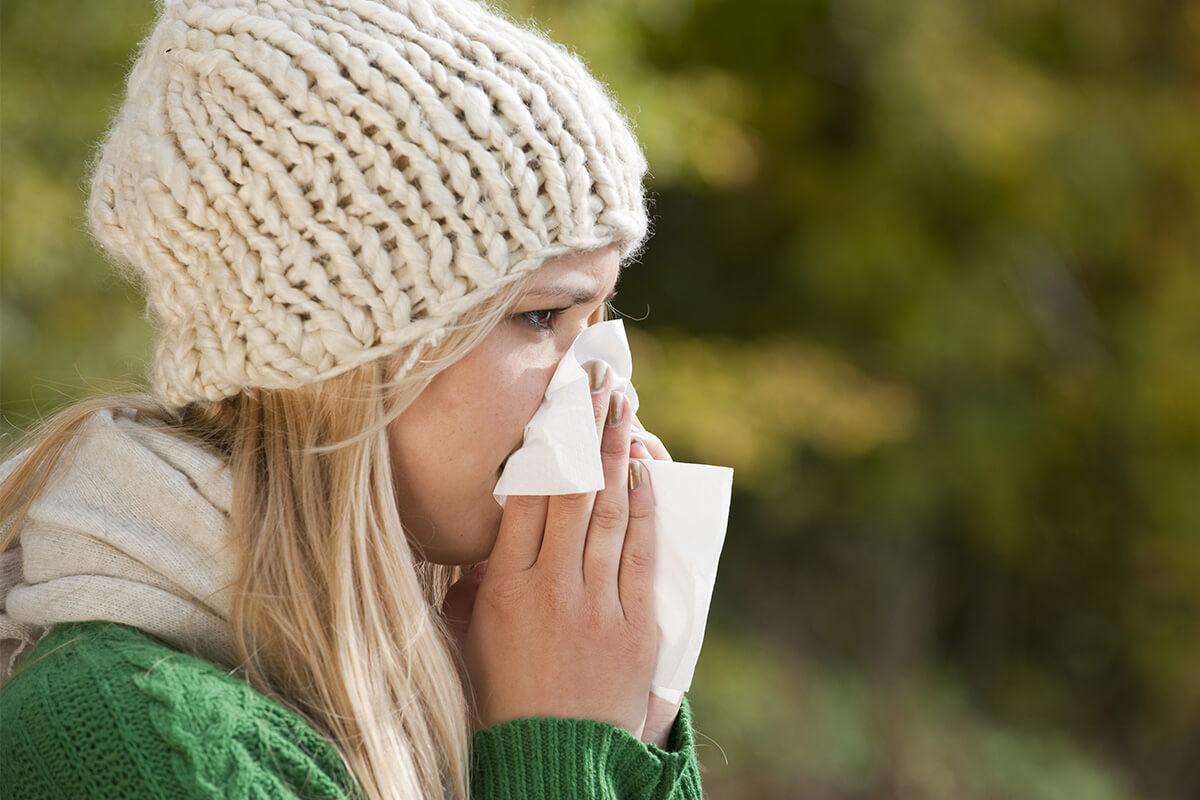Seasonal Allergies
What Are Seasonal Allergies?
Seasonal allergies, also known as allergic rhinitis, or hay fever, are an immune response to pollen and mold.
An allergic reaction occurs when your immune system confuses these allergens for something dangerous. Your body then creates antibodies to fight off the allergens that have been sensed as a threat. In turn, these antibodies produce histamine, which causes allergy symptoms.
Unlike a cold or the flu, allergy symptoms can last for several weeks, even for months throughout a year. Allergies can also be an underlying cause of frequent sinus, ear, and respiratory infections. Our allergists will be able to tell you whether there is any correlation between these infections and allergies, if you are suffering from them.
When Do Seasonal Allergies Start?
Seasonal allergies can have many causes. Among the most common allergens in the spring are tree or grass pollen. Weed pollen, such as ragweed, is a common culprit in fall allergies.
In our region, we typically see tree pollen bloom in early March. Grass pollen blooms later in the spring and can last into early June. In the fall, ragweed pollen starts bothering patients from around August until the first frost.
Symptoms of Seasonal Allergies:
Seasonal allergy symptoms include:
- Sinus Congestion
- Runny Nose
- Post-Nasal Drip
- Sneezing
- Coughing
- Itchy or Watery Eyes
Those with seasonal allergies often have symptoms that recur around the same time every year. If you or a loved one is suffering from any of the above symptoms, we can help you find relief.


